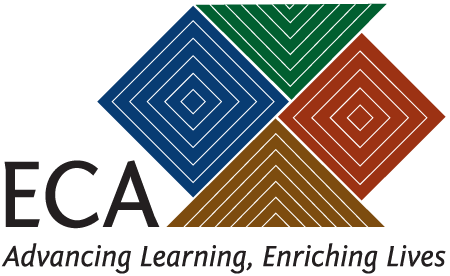
Quality Assurance
ECA develops, implements, and evaluates Quality Assurance (QA) systems that position programs and larger organizations to directly improve their own services and practices. We have developed TA competencies, guidance manuals, and coursework for coaches and other specialists working in an early childhood mixed service delivery system. Utilizing effective strategies, we assess the needs of the workforce and develop/ evaluate research-informed coaching models.
Sustaining high-quality learning environments requires the development of an effective Quality Assurance (QA) system. QA systems are informed by data-driven decision making and evidence-based instructional practice, supporting teachers’ abilities to engage in reflective practice, regular child assessment, and adopt curricula that make a difference in children’s development.
Data driven decision making involves using assessment results to improve teaching and learning outcomes. QA data systems enable educators to run reports, track progress, and evaluate effective strategies. ECA’s workshops on data driven decision making – such as Helping Teachers Use Assessment Data and Using Assessment to Inform Curriculum – provide teachers and education leaders with the knowledge and tools necessary for collecting, organizing and analyzing multiple data sources to improve student performance.
Evidence-based instructional practices are approaches that are scientifically based and supported by research that complies with the criteria for research quality. Teachers examine their own practices – instructional pacing, strategies for creating interactive lessons, and maintaining student engagement- and compare their practices to evidence-based best practices to create action plans for making instruction more explicit and intentional.
